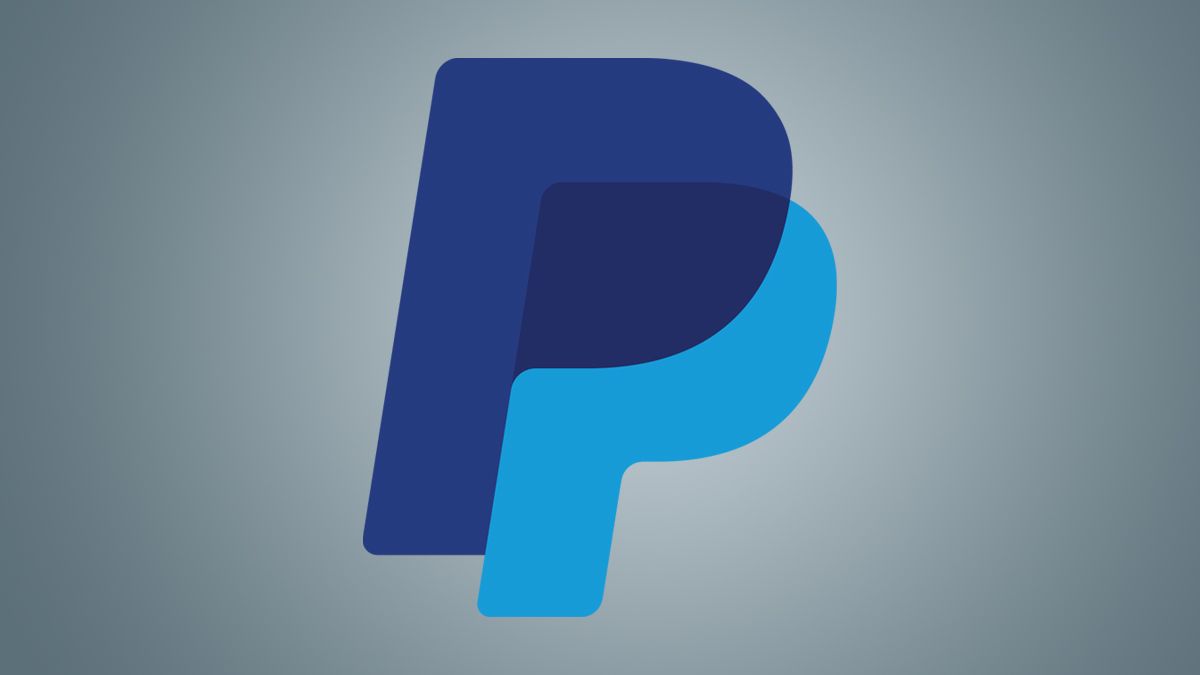Stablecoins are often proposed as one of the most logical use cases for cryptocurrencies. Unlike most cryptocurrencies, which have volatile values, stablecoins are pegged to something (usually an actual currency) to keep its value from fluctuating — making it less like a stock and more like an actual currency you can use. Now, PayPal is getting into the business of cryptocurrencies with its new stablecoin, the PayPal USD.
The PayPal USD is a token that's issued by Paxos Trust Company and backed by US currency, with $1 USD being equal to 1 PYUSD. More specifically, it's supported by things like US dollar deposits and short-term US treasuries. It's a token in the Ethereum blockchain, so it should be easily transferrable to other wallets and traded for other cryptos on exchanges — PayPal supports transferring out these cryptos into supported wallets. PYUSD, as it's known for short, will be able to be used for P2P payments, and it can be used for purchases at checkout. Furthermore, PayPal's supported cryptos can also be converted to and from PYUSD as well.
PayPal has had cryptocurrency support for a rather long time, but this is the first time PayPal is creating its own token instead of functioning purely as a third-party exchange. PYUSD is joining the immense list of stablecoins that currently exist, including USDT, USDC, BUSD, DAI, and many others. These stablecoins have been occasionally controversial, with one of them, terraUSD, collapsing last year, leading to the permanent loss of not only investors, but people saving their money in that currency. That stablecoin wasn't backed by real currency, however, unlike many others. PYUSD is supposedly backed by real currency, and PayPal really wants you to be aware and trusting of this — Paxos will be releasing monthly reports about the assets backing PYUSD, and it will also publish a third-party analysis of said assets.
PYUSD support is rolling out now, and it will show up in your PayPal account's crypto section alongside Bitcoin, Ethereum, Bitcoin Cash, and Litecoin. As of the moment of publishing, PYUSD is not available to be deposited in major exchanges such as Binance, but that could very well change within the next few weeks or months.
Source: PayPal
Via: TechCrunch
